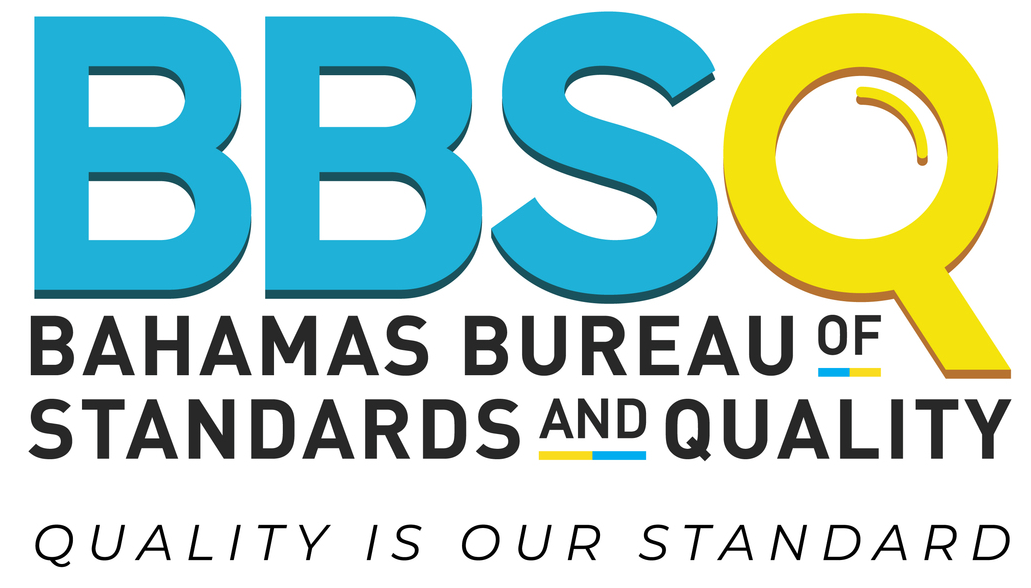This document gives guidelines for substantiating sensory claims on food and non-food products and their packaging for advertising consumer-packaged goods.
This document differentiates sensory claims from other types of claims. It provides classification and examples of the different types of sensory claims. It highlights special issues associated with testing to substantiate sensory claims. It includes case studies and references.
This document does not apply to:
— specific or detailed requirements for different test methods that are used to support sensory claims;
— factual claims regarding a product’s country of origin, ingredients, processing and nutritional components;
— factual claims regarding the technical features of the product;
— claims regarding a product’s health, medical or therapeutic benefits, physiological effects, structure or function benefits when consumed or applied to the human body;
— claims based on instrumental assessments of the attributes or performance of a product (i.e. instrumental assessments; in this case, test methods are used in which no human participant evaluates the product and/or no human participant provides a response to a product);
— claims about services (e.g. a house cleaning service, airline services, automobile services);
— claims about large/slow moving consumer goods (autos, refrigerators, stoves, etc.).
